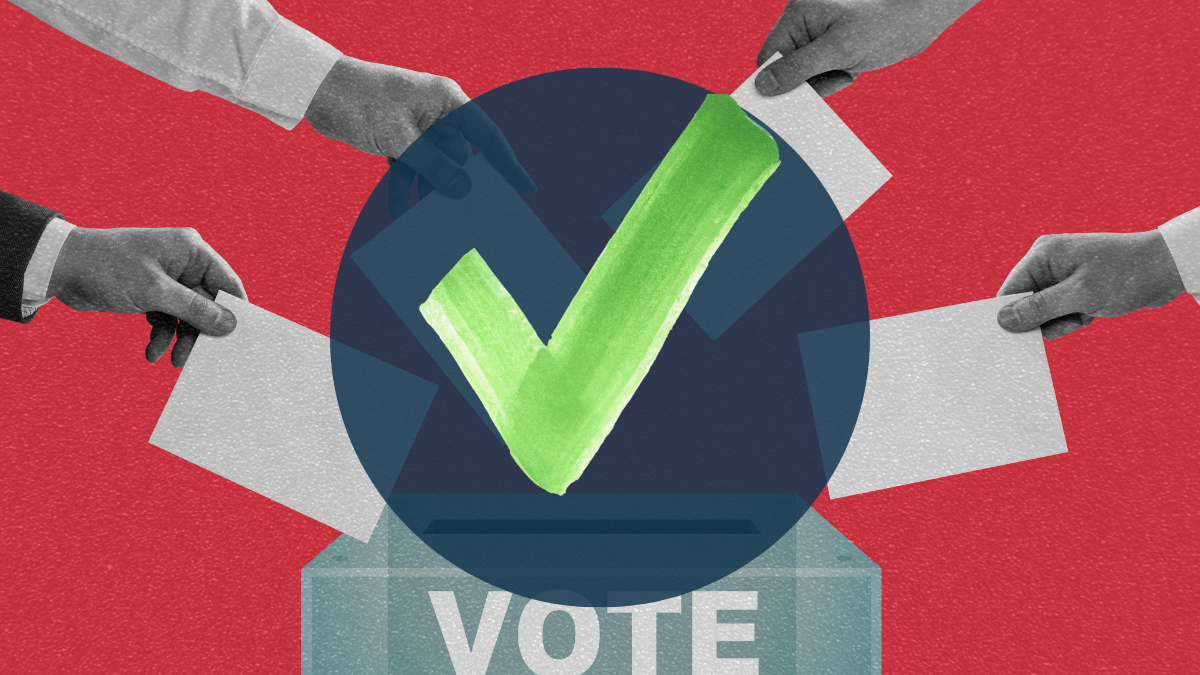Source: Elizabeth City Daily Advance
Terrence Meyers has been helping run elections in one way or another since 1987, first in his native Maryland and, since 2018, in Chowan County, according to The Daily Advance.
Meyers is a man who knows a little something about making voting fair, convenient and transparent. The hope is that he’s able to pass that knowledge on because earlier this month, Meyers stepped down as the Chowan County elections director to begin a new temporary role as the associate elections director – where he will be responsible for training the new director, Kristina Nixon – before he retires.
Nixon will have a challenge on her hands this year seeing as how 2024 will feature a presidential election, an extremely important gubernatorial election, a new set of election laws that have created new voting districts, plus there is also a new voter ID law that is bringing new regulations. Outside of all that, there will also be people to deal with who have been convinced by unfounded conspiracy theories that there is some nefarious plot to undermine or steal the 2024 election.
Meyers told The Daily Advance that some of the most important lessons he’s learned since coming to Chowan County are that impartiality and transparency are required for doing election work because they are essential to eliminating mistrust and undermining conspiracy theories.
“My job is to make sure that we do an election that is secure and accurate. That’s what we do,” he said, adding that to do the job of elections director properly, the county and the state need to invest in personnel, equipment and money.
Meyers said that North Carolina’s new voter ID law, which took effect with October and November’s municipal elections, has gone smoothly so far in his experience. He said that only two people who showed up to vote in Edenton in last November’s election didn’t have a photo ID and both were able to vote within a few minutes after they were issued ID cards at the Chowan Board of Elections.
Many of the issues that conspiracy theorists latch onto don’t apply to North Carolina, Meyers said.
For example, voting machines are not connected to the Internet and their electronics are sealed against tampering. Votes are counted by machines on site and then put onto thumb drives that are protected by electronic “handshakes.” This means that if an outside thumb drive were plugged into the voting machine, it would be unable to be read, which would reduce the chance that any outside software could be introduced or the results tampered with, Meyers said.
Another safeguard in place is the fact that when we vote in North Carolina we’re voting on paper ballots that are scanned through an electronic voting machine – and that means that the original ballots can be recounted if there are any concerns with the machine’s tabulation.
Meyers said he has done his part to keep voter confidence high in Chowan County’s elections and he’s proud of his work.
Meyers said his decision to retire was made a year ago while he was struggling in his cancer battle. Now that he’s in complete remission, he said that his retirement plans are to focus on his hobbies of fishing and boating – once Nixon is trained and fully takes over as director, of course.





